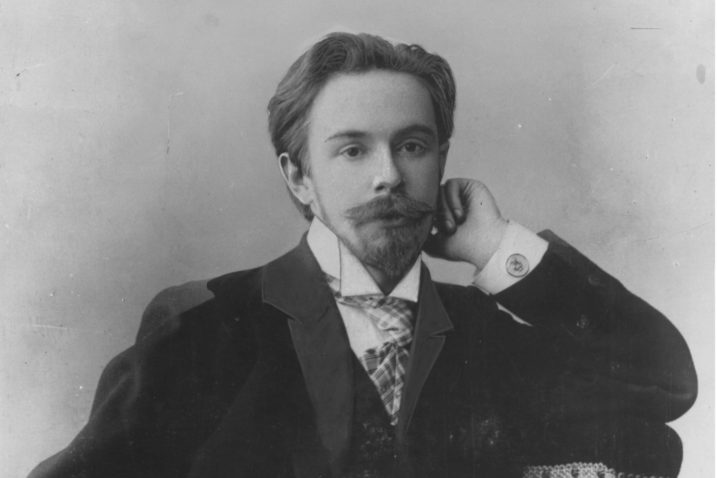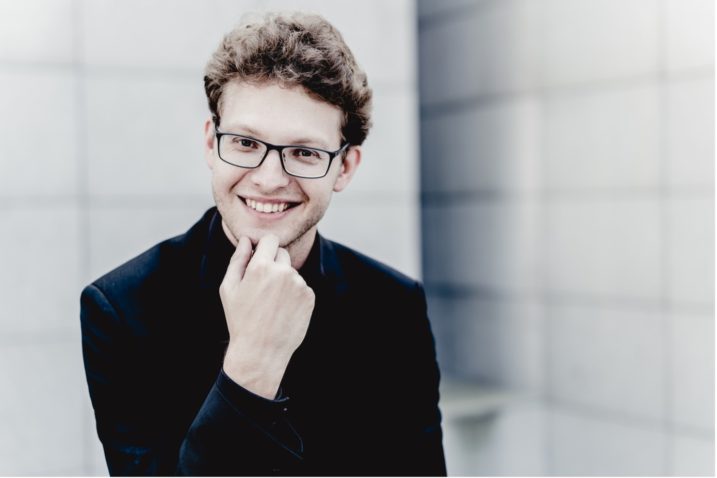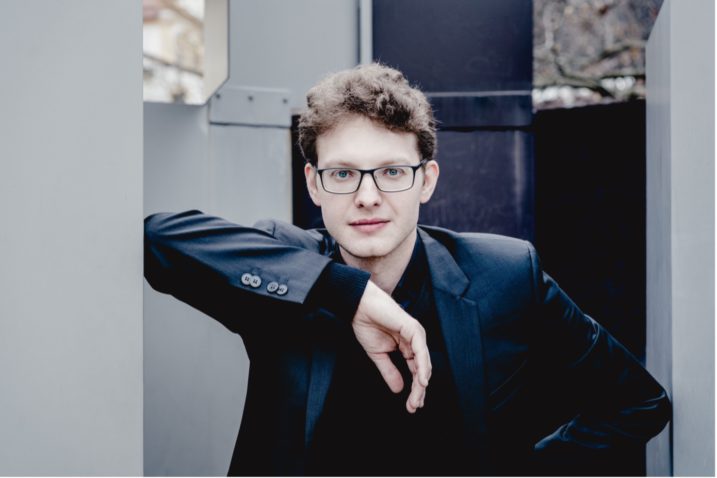Universe Scriabin Mysticism & Eros
Michael Schöch
Alexander Glazunov’s verdict on Scriabin’s Piano Sonata No. 4: It is original, full of ravishing beauty, and the thoughts are expressed with unusual clarity and compactness.
This third concert in the cycle explores the concept of the Gesamtkunstwerk and mysticism, which captivated artists at the end of the 19th century, as well as Scriabin’s incipient journey into another dimension. In this context, an important role is ascribed to Richard Wagner as a source of inspiration and driving force. Whereas Scriabin initially drew on Chopin and Liszt, his exposure to Wagner and his Tristan und Isolde gave him guidance in terms of both motif and music, which also led him to his mystical chord. Wagner’s influence is also evident in Debussy’s L’Ile Joyeuse with its Dyonisian-orgiastic dream world, in Ravel and in Berg’s Piano Sonata Op. 1. Scriabin’s Piano Sonata No. 5 reflects his Poème de l’Extase and, as with Debussy, the idea of human redemption through intoxication and ecstasy.
Michael Schöch – piano




